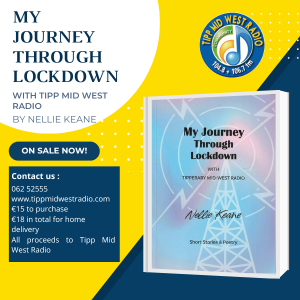To launch the fifth year of the Think Before You Flush campaign, Clean Coasts in partnership with Irish Water are inviting the public to join the celebration of World Toilet Day on Thursday November 19. The United Nations’ World Toilet Day celebrates toilets and raises awareness of the 4.2 billion people worldwide living without access to safely managed sanitation. It is about taking action to tackle the global sanitation crisis and achieve Sustainable Development Goal 6: water and sanitation for all by 2030.
The Think Before You Flush campaign highlights the problems caused by flushing items such as wipes and cotton buds down the toilet. Research has found that 30 percent of people living in Ireland admit to flushing items such as wipes and cotton buds down the toilet, causing detrimental effects on the wastewater network and the marine environment. Every month Irish Water clears approximately 2,000 blockages from the wastewater network. About 75 percent of blockages are caused by inappropriate items such as wipes and sanitary products being flushed down the toilet. As a result of COVID-19, people are using more wipes than ever to keep hands and surfaces clean. While it is critical that we follow the HSE guidance on hand-washing and coughing etiquette, it is important that we dispose of items like wipes correctly. A simple solution is to dispose of wipes, cotton buds and other sanitary products in the bin and to only flush the 3 P’s – pee, poo and paper down the toilet.
On World Toilet Day, Clean Coasts are reminding people that our actions at home can help to keep our beaches rivers and lakes clean. To spread awareness and celebrate World Toilet Day, Clean Coasts are running an online competition to win a year’s supply of sustainable toilet paper. Competition details on available on @TheUselessProject and @CleanCoasts Instagram pages.
Whilst ‘Think Before You Flush’ is a national campaign that is promoted across the country, every year we work with numerous communities including businesses and schools to deliver educational workshops and engage the local residents in the campaign.
More information about the Think Before You Flush campaign can be found at www.thinkbeforeyouflush.org
















